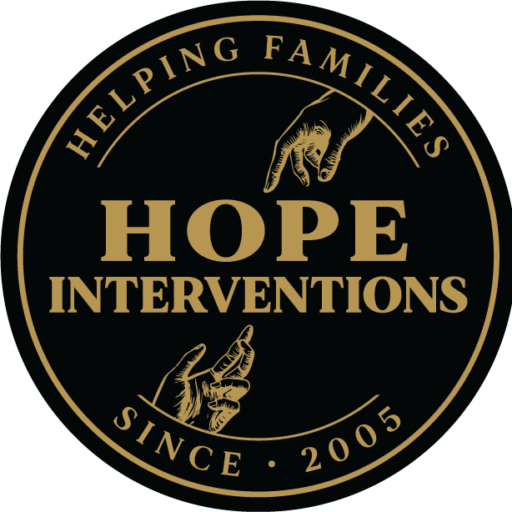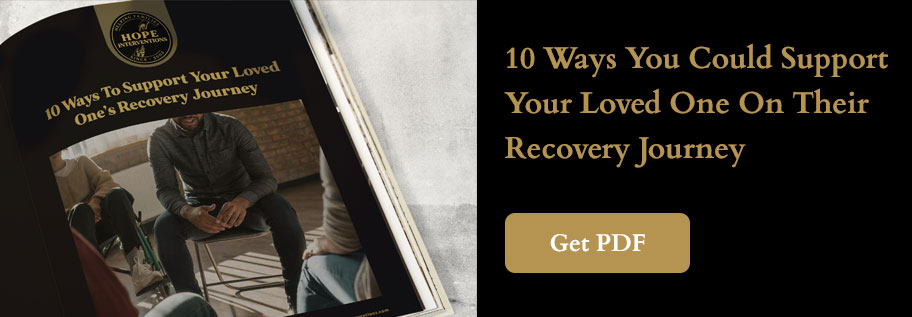At Hope Interventions, our mission is to walk with individuals and families on the journey toward healing, recovery, and restored connection. Reading Dr. Louise Stanger’s recent blog, “Reflections from The Masters Event in Oxford” on All About Interventions, deeply resonated with our team. Her insights echo the foundational values of relational healing, trauma-informed care, and holistic recovery that guide our practice every day.
A Transformative Gathering: Healing Our Relational World
Dr. Stanger beautifully captured the spirit of the Masters Event in Oxford—an international gathering dedicated to “Healing Our Relational World.” From presenting on widowhood, portraiture, and sudden loss at Trinity College to sharing space with thought leaders like Paul C. Brunson and Dr. Mel Pohl, her reflection radiates the transformative power of community and connection.
At Hope Interventions, we see professional renewal as essential to quality care. Every conference, collaboration, and retreat we attend or support becomes a seedbed for growth—helping us better serve clients, families, and communities with compassion and innovation.
Core Takeaways & How Hope Interventions Embodies Them
1. Relational Healing and Belonging
The Oxford event underscored what we know to be true: healing happens in relationship. Whether rebuilding trust in a family system or fostering community among clinicians, connection is the antidote to isolation. Hope Interventions integrates relational repair practices into every stage of our intervention and recovery process.
2. Integrative, Holistic Recovery
From sound baths to mindful reflection, the Masters Event wove body, mind, and spirit into a cohesive experience. This aligns perfectly with our holistic recovery intervention approach, which merges evidence-based treatment with somatic healing, mindfulness, and creative expression.
3. Courage in Vulnerability
Dr. Stanger’s courage in presenting on grief and sudden death reminds us that vulnerability is a healing act. Hope Interventions provides spaces for individuals and families to process pain, find meaning, and reconnect through guided support and compassionate presence.
4. Collaboration & Professional Community
The Oxford gathering celebrated the importance of shared learning. As Dr. Stanger acknowledged Youth Prevention Mentors, Grata Ranch, and Hope Interventions for enabling her participation, we recognize that collaboration fuels progress. Our network spans intervention specialists, trauma therapists, prevention mentors, and recovery advocates united by one mission—sustained healing.
5. Continuous Learning & Renewal
Returning “tired and energized—both at once” is a familiar feeling for many in the helping professions. Hope Interventions emphasizes professional rejuvenation through reflective supervision, debriefing sessions, and peer mentorship, ensuring our care remains grounded and authentic.
Integrating Inspiration into Action
Inspired by this event, Hope Interventions continues to:
-
Host professional development retreats for trauma and addiction specialists.
-
Incorporate mind-body integration and grief-informed counseling into intervention planning.
-
Build cross-disciplinary partnerships that expand access to compassionate care.
-
Support family systems healing as the cornerstone of long-term recovery.
Closing Reflection
Dr. Stanger’s Oxford reflection reminds us that healing begins when connection is restored—within ourselves, our families, and our professional communities. At Hope Interventions, we are honored to be part of this shared mission of compassion, learning, and relational transformation.
If you or a loved one is seeking compassionate, evidence-based intervention or recovery guidance, contact Hope Interventions today.

